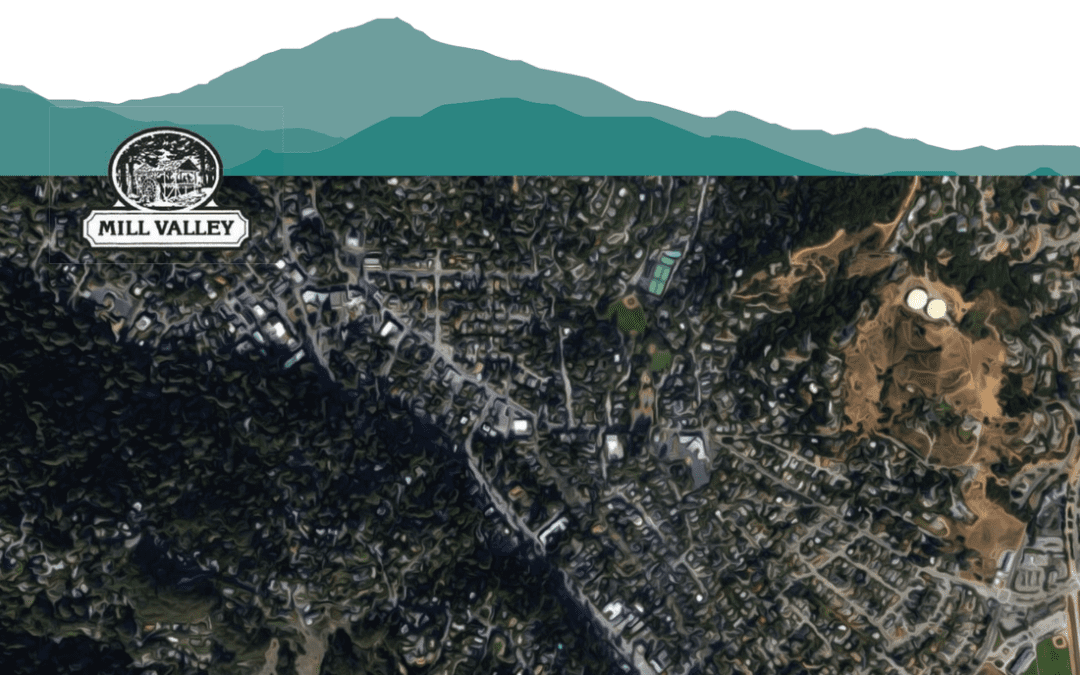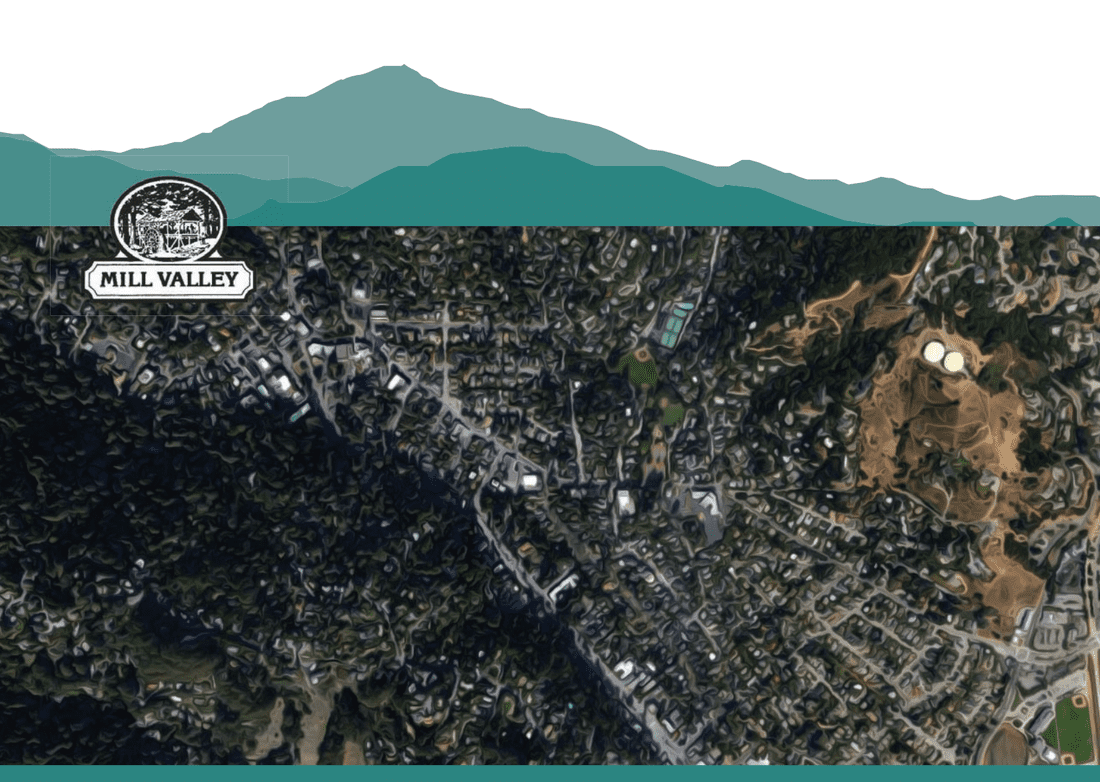In the two years since, much of the City’s housing-related work has been focused on one of the seven overall housing goals outlined in that document: housing affordability. That is, finding ways to “enhance housing affordability so that modest income households can join and remain an integral part of the Mill Valley community.”
In real terms, that means allowing more people who work in Mill Valley, many of whom have done so for many years if not decades, to live here as well. The imbalance between the percentage of people who work in Mill Valley but cannot afford to live here “is the most important issue we have here in town,” Mill Valley Mayor Jessica Sloan told attendees of the MV Chamber’s State of the City event last month. Sloan recalled that when she was a kid, her neighbors were the local mechanic at Masters auto repair and that as many as 10 Mill Valley Police officers lived in Mill Valley in the 1990s, a number that has shrunk to just one Mill Valley officer that lives in Marin County.
“We have moved away from being a community where the people who work in and serve this community live here,” Sloan said. “And it’s changed the town on a cultural level as well.”
With that in mind, Sloan and City officials are hoping to begin an ongoing conversation around this issue, and are using a “Housing Summit” as a kick-off of sorts. Set for Thursday, Nov. 30 (6:30-8:30pm) at the Mill Valley Community Center, the event features Sloan and City Manager Jim McCann along with a panel of local and regional experts, including:
- Karen Warner – Housing Specialist, Karen Warner Associates (moderator
- Danielle Staude – Mill Valley, Senior Planner
- Bruce Dorfman – Resident, Education Housing Partners/Thompson Dorfman Company
- Ric Capretta – Planning Commissioner, Capretta Architecture
- Lewis Jordan – Marin Housing Authority, Executive Director
- Leelee Thomas – Marin County, Housing Planning Manager
- Andrea Osgood – Eden Housing, Director of Real Estate Development
The City has already made some headway towards its workforce housing goals. Its efforts over the past two years have included passing an inclusionary housing ordinance that significantly stepped up its requirements on new multi-unit development projects such that 25 percent of units with those projects be affordable units. In September, the Council unanimously backed an affordable housing ordinance that includes a 1 percent City fee that will be applied to all new housing projects and remodels costing $100,000 or more, starting on Nov. 1, 2018. Second-unit projects are exempt.
City officials say the fee would generate approximately $375,000 annually. That revenue would go into a new affordable housing trust fund. What to do with that money will be one of the subjects at the center of the housing summit discussion. The options include acquiring properties, building multi-unit projects, renovating existing developments or finding ways to subsidize rental rates for workforce housing.
The 411: The City of Mill Valley’s “Housing Summit” is set for Thursday, Nov. 30 (6:30-8:30pm) at the Mill Valley Community Center, 180 Camino Alto. Questions? Email Senior Planner Danielle Staude at dstaude@cityofmillvalley.org. MORE INFO.


